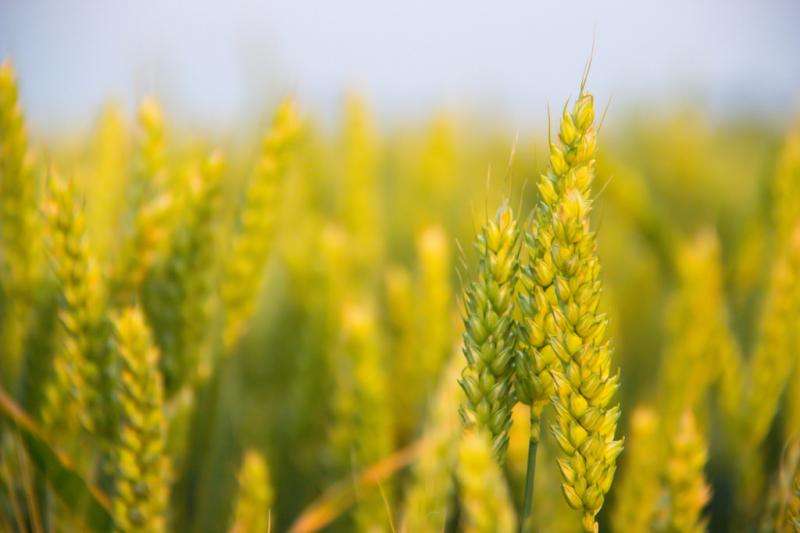Model considers long-term benefits based on adaptive action

Helping farmers decide what crop to sow in a particular field has just become easier thanks to changes to an existing simulation model.
University of Western Australia and CSIRO researchers used an existing analysis and modelling framework known as LUSO (Land-Use Sequence Optimiser), to examine how the current situation and all the long-term ecological implications might affect the farmer's decision.
UWA School of Plant Biology's Dr Michael Renton says the relatively simple decision such as what crop to sow in a particular field, is actually part of quite a complex web of ecological interactions.
"That decision will have both short- and long-term impacts on weed populations, soil diseases and soil nutrients, which will in turn affect crop yields and thus profit over many years," Dr Renton says.
LUSO was first used to make strategic decisions and analyse how the nature and profitability of farming systems might depend on ecological factors.
"If we grow the same crop all the time, we are going to get problems with certain weed species building up high populations, or certain diseases building up to high levels," Dr Renton says.
"So, using alternative 'break crops' or having a pasture phase in the cropping sequence can help deal with these problems instead of using more herbicides or fungicides or fertilisers."
Dr Renton says in reality, tactical decisions that modify the long-term strategy are often made to adapt to the situation that exists right now.

For example, he says, maybe it has rained more than expected, or maybe there are more weeds in the field than expected.
LUSO has been altered to analyse these immediate adaptive decisions as well as long-term strategic planning and to show that what is most profitable in the short-term might not actually be most profitable in the long-term.
"Making a short-term sacrifice, such as killing your crop before the weeds can set seeds, will have long-term benefits that could well be worth it in certain situations," he says.
Dr Renton says the model is most useful as a tool to stimulate thought and discussion, and help get a handle on the complex mix of factors involved in any farming decision.
"LUSO is currently focused on decisions related to weeds and soil diseases, but it should be relatively easy to adapt it to analyse any kind of situation related to a single field, as long as the background information is available and the issues are important to farmers," Dr Renton says.
Provided by Science Network WA
This article first appeared on ScienceNetwork Western Australia a science news website based at Scitech.





















